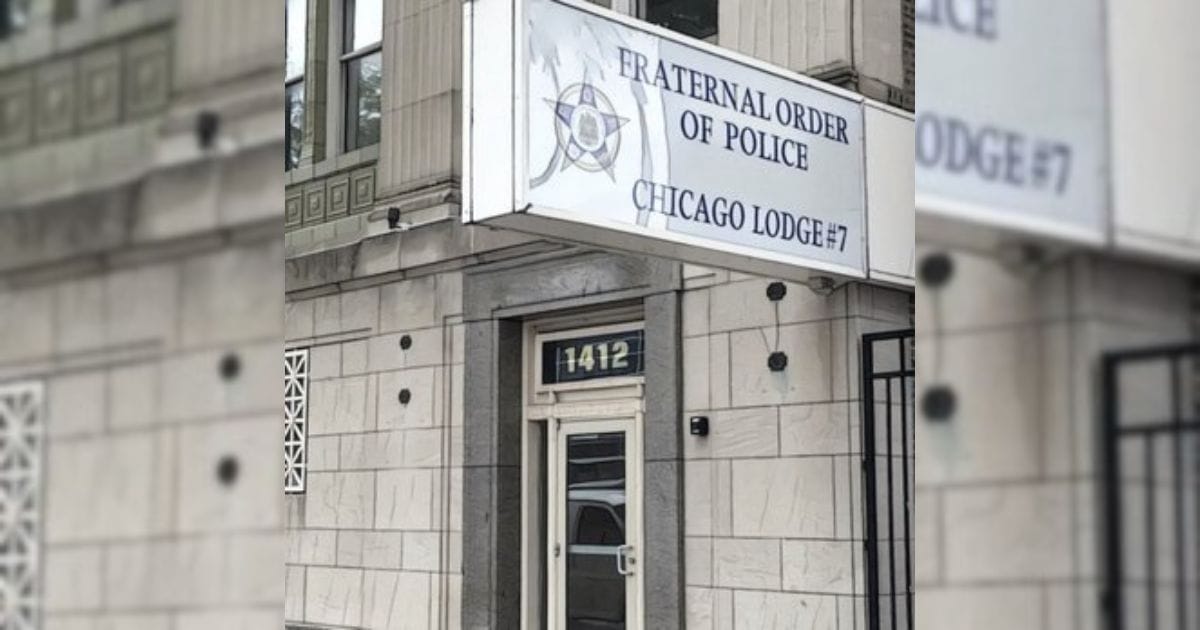Fraternal Order of Police Chicago Lodge #7
Concerns are growing over a proposed agreement in the Fraternal Order of Police contract that would allow police misconduct cases to be handled away from the public.
The City Council will vote on whether an arbitrator should deal with officers accused of wrongdoing. The proposed agreement would replace a 60-year-old system headed by the Chicago Police Board that for decades has had the final say in firing and suspending rogue police officers.
Now, that system is under siege by a police union that seeks to push a proposal that, if passed, could give police officers who face suspension and termination a greater chance of keeping their jobs and returning to the streets.
For residents and victims of police misconduct, at stake is justice and transparency for a notorious police force that has a long history of racially profiling Blacks and exerting excessive force and brutality on them and other minorities.
Today, as progress on implementing police reforms continue to move slowly, there is concern that this latest move by the police union could turn back civil rights gains that Blacks and minority residents have made in recent years in the wake of the Laquan McDonald killing scandal and the murder of George Floyd.
The proposal to have an arbitrator settle issues facing accused police officers comes from an unresolved portion a 2021 contract.
Neither side could agree on whether Chicago officers facing a suspension, of at least a year or termination, had the right to have their cases decided by an arbitrator behind closed doors rather than in public by the Chicago Police Board.
That key part of the agreement remained in the new contract that Mayor Brandon Johnson brokered with the police union.
After the tentative deal was reached Johnson praised the new contract with the Fraternal Order of Police, Lodge 7, as “fair and in alignment with Chicago’s current policing needs, economic landscape and budgetary capabilities,” while noting that he was “deeply disappointed in the arbitrator’s decision to claw back transparency in the police disciplinary process.”
On Monday, October 23, Johnson reversed course after he was blasted by police reform advocates who fear the proposal will limit transparency and make it difficult to hold officers accused of misconduct accountable.
The proposal also threatens to damage Johnson’s reputation after he campaigned hard to hold Chicago police officers accountable for misconduct.
Amid a crowded field of candidates, Johnson promised to enact the Anjanette Young Ordinance to end no-knock warrants, close the notorious Homan Square facility, end the ShotSpotter contract and erase the gang database. So far Johnson hasn’t fulfilled any of those promises.
He has been silent about a WBEZ report this week that found at least 27 Chicago police officers on the rosters of Oath Keepers, an extremist group that has white supremacists’ views. During his campaign for mayor, Johnson promised to fire officers affiliated with Oath Keepers and Proud Boys, another far right extremist group.
But on Monday, after declining to say why he supported the new FOP contract, Johnson released a statement, where he urged the City Council to reject the key proposal in the new agreement.
“While we recognize police officers’ rights to arbitration, it is crucial that disciplinary cases be handled in a manner that allows for public transparency and true accountability. Since this is a matter that will require City Council action, I am asking the body to reject this measure when it comes up in the coming weeks.
“Ultimately, we will not allow this to undermine our efforts to advance reform, increase transparency and implement our vision for improved public safety and policing to make our city better, stronger, and safer.”
The contract and future of police accountability now rests in the hands of the 50-member City Council. At least 26 votes are needed to approve the proposal. With a younger and more progressive City Council, the proposal may face stiff opposition and may not pass.
The Chicago Black Caucus, chaired by Alderman Stephanie Coleman (16th), has yet to speak on the proposal.
The police union’s eight-year contract, which was retroactive to 2017 and is set to expire in 2025, called for officers to get approximately 19 percent in raises during the life of the agreement.
Under the agreement, officers will get raises of at least 16 percent, including 5 percent raises in 2024 and 2025, officials said.
In addition, all officers would get a one-time bonus of $2,500 under the proposed contract, officials said. The current contract calls for officers with at least 20 years on the force to get a $2,000-per-year retention bonus.






